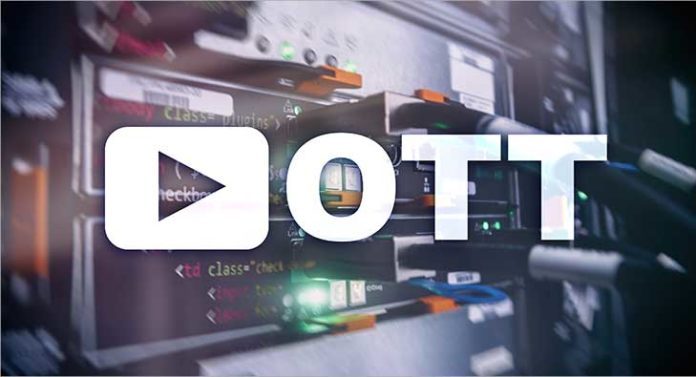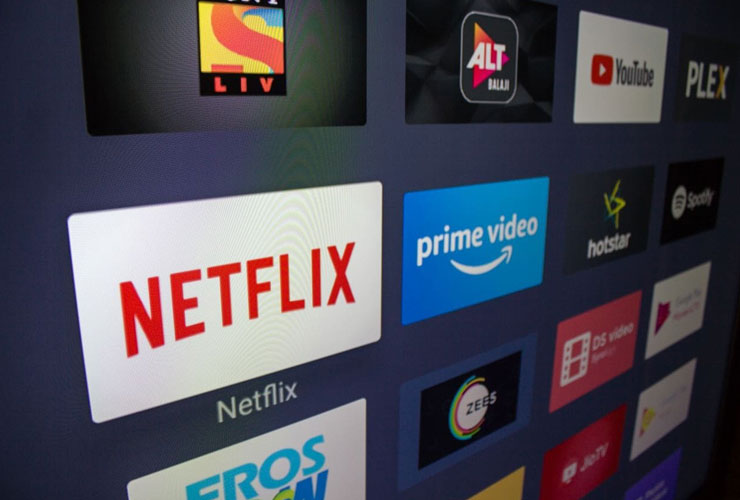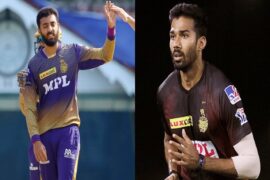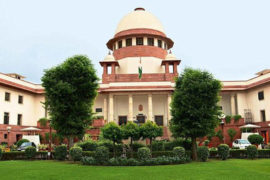Similar to theater film and TV, Indians will most likely see some regulations to the today’s trending streaming space!
The country currently doesn’t have any guidelines for online streaming!
As the reports say, the leading players of streaming industry Netflix, Disney’s Hotstar, SonyLiv and Indian player Zee5 are chalking out plans with the Indian Government to bring a new self-regulation code for streaming content.
“We have had consultations with platforms like Netflix and Zee5 on this issue and the common consensus is that it [streaming] is an emerging area which is taking place on the internet and hence the old frameworks for print, film and TV should not be applied here and that there should be a different treatment,” the I&B Additional Secretary Atul Tiwari said in a statement.
A session titled ‘The New Matrix of OTT Business’, part of the Film Bazaar event in Goa, formed a stage for this discussion, giving more insights on how the code is being implemented.
“Principally, we want to give the freedom to the creative producers to create the kind of content that they want to create and at the same time, give freedom to people to consume that content. There should be freedom on both sides.” Aashish Singh, Netflix India Director-Original Film, said in a statement.
To a question if they will have separate regulations at international and national levels, Singh said, “I don’t have a clear-cut answer yet because the code is still being evolved between all the platforms.”
He, however, added that they will continue to welcome the creative producers on giving the content of their choice, as of now.
Meanwhile, Zee5 Program Head Aparna Acharekar said the government is not going aggressive about this and is very encouraging.
“Have been very encouraging and unlike what we feared how they would be… they don’t want to be regressive at all. Just want us to respect the law of the land which all of us as OTT platforms are happy about. We have had a lot of sessions and hopefully, something positive will come out for the industry,” she said about their ongoing negotiations with the Indian Government.
However, Tiwari cautions that the code should not be curtailing creative freedom.
“Because India is poised to be a big center for content creation. These are the factors which should keep the government and OTT platforms on the same wavelength and the ethos on which to formulate the regulations,” Tiwari adds.
On audience question to their content policies relating to political or religion, Singh clarified, “if it is political, we stay out of it for sure. And if it upsets any religious sentiment, we stay out of that too, and that is our clear mandate. In terms of discrimination, it is very subjective, so it depends on how the story is told by the talent as there are always two sides to a story.”
The Background

In their first proposal of the code in January 2019, the OTT platforms prohibited any content that:
- Represents a child engaged in real or simulated sexual activities, or any representation of the sexual parts of a child for primarily sexual purposes
- Deliberately and maliciously disrespects the national emblem or national flag
- Deliberately and maliciously intends to outrage religious sentiments of any class, section or community
- Deliberately and maliciously promotes or encourages terrorism and other forms of violence against the state (of India) or its institutions
However, the government and the OTT players are likely to have more rounds of discussions to outline the code, finally.
That was also the first time when Netflix signed such code in a country after facing allegations on its content in its first Indian original Sacred Games.






